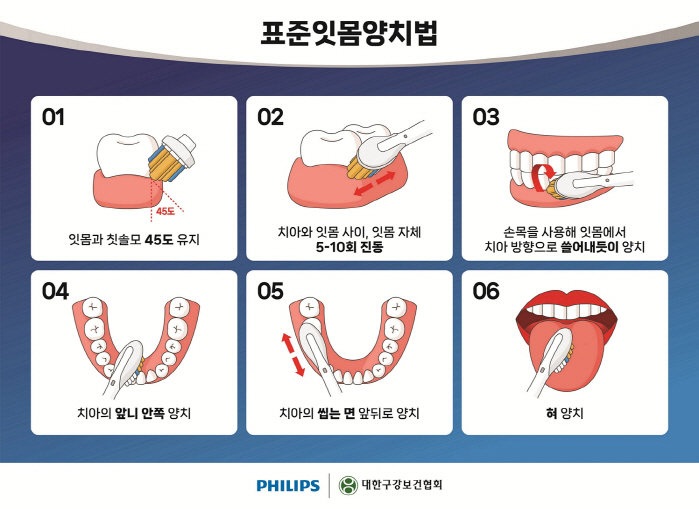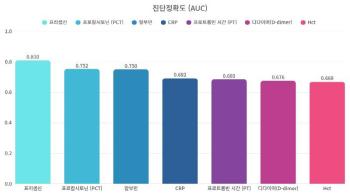November 12th World Pneumonia Day...How to prevent gum disease that increases risk of aspiration pneumonia?
Nov 12, 2025
|
The Global Coalition for Child Pneumonia (TGCCP) was established in 2009 to raise understanding and awareness of pneumonia and to inform the importance of pneumonia prevention and treatment.
According to the statistics released by the National Statistical Office '2024 Causes of Death Statistics', pneumonia was counted as the third most fatal disease after cancer and heart disease. The pneumonia mortality rate per 100,000 people was 59, a 2.5% increase from the previous year (2023), and a whopping 149.1% increase compared to 2014.
Pneumonia, an infectious disease in which pathogens such as bacteria and viruses inflammate lung tissue, is mostly caused by pathogens penetrating the lungs through the respiratory tract, but foreign substances such as food, oral secretions, and stomach contents may enter the airways incorrectly. This is referred to as "Aspiration pneumonia".
In particular, the more bacteria in the oral cavity, the higher the risk of aspiration pneumonia. According to a review paper published in the international academic journal 'Frontiers in Oral Health', intraoral bacterial proliferation and inflammation, including periodontitis, may increase the risk of developing aspiration pneumonia. In addition, clinical evidence has been suggested that removing plaque with thorough oral care can reduce the risk of developing pneumonia.
Gum disease is a disease closely related to various systemic diseases, including pneumonia, and is common at the level of 'national disease'. According to the Health Insurance Review and Assessment Service's '2024 Outpatient Frequent Disease Statistics', about 1.85 million patients visited the hospital with gum disease, outpacing colds (about 17.6 million).
The first step in preventing gum disease is 'correct brushing'.
Plague, which is formed by combining bacteria and food debris in the oral cavity, mainly accumulates in the interdental and gum lines, causing inflammation. Therefore, the two areas should be cleaned with special care when brushing, and the Korean Oral Health Association recommends 'Standard Gum Brushing Method (Modified Bath Method)' as a brushing method to prevent gum disease. Hold the toothbrush lightly like holding a pencil, put the toothbrush cap at a 45-degree angle to the gum line, and apply fine vibration 5 to 10 times in place. After that, you can use your wrist to rotate the bristles from the gums toward the teeth and brush your teeth as if you were sweeping them.
When practicing the standard gum brushing method, brushing your teeth with excessive force can damage your gums. Therefore, it is important to brush your gums with proper strength so that they do not strain your gums. If it is difficult to control the force with a manual toothbrush, it is also a good idea to use a sonic electric toothbrush. Air bubbles generated by fine sonic vibrations gently clean the interdental and gum lines, preventing gum damage.
According to the results of a clinical study by Philips Sonicare, sonic electric toothbrushes improve gum health more effectively than manual toothbrushes. In the group using Phillips Sonicare '9900 Prestige', gingivitis decreased by 29.99%, gum bleeding by 74.08% and plaque by 28.66%, whereas in the group using manual toothbrushes, gingivitis increased by 1.84% and gum bleeding decreased by only 24.72% and plaque by 0.87%.
The recommended number of teeth brushing per day depends on the individual's eating habits. If you eat three meals a day, you should make it a habit to brush your teeth three times a day for breakfast, lunch, and dinner. In addition, it is recommended to brush your teeth within 1 minute after eating and at least 2 minutes.
Park Yong-deok, president of the Korean Oral Health Association, said "Although gum disease can increase the risk of various systemic diseases, its severity is overlooked."Especially for the elderly with weakened immune systems and patients with chronic diseases, just practicing the right brushing habits will greatly help lower the risk of developing systemic diseases."," he stressed.
This article was translated by Naver AI translator.














